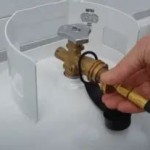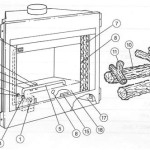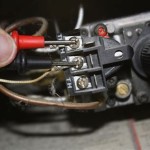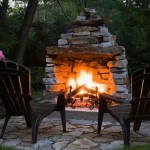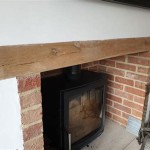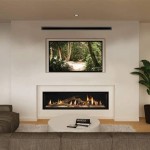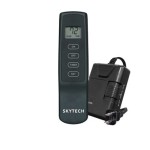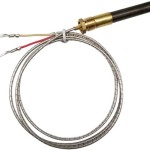The Essential Aspects of Open Fireplace Wood Burning Stoves
Open fireplace wood burning stoves evoke a sense of warmth, comfort, and nostalgia, adding character and ambiance to any home. However, it is crucial to understand the essential aspects of these appliances to ensure safe, efficient, and enjoyable operation.
Heat Output and Efficiency
The heat output of an open fireplace wood burning stove is measured in British Thermal Units (BTUs). BTU output determines the amount of heat the stove can produce, which is influenced by the size of the firebox, burn rate, and stove design. A higher BTU output is suitable for larger rooms or homes with poor insulation.
Stove efficiency refers to the amount of heat it converts into usable warmth. Modern wood burning stoves typically offer high efficiency ratings, minimizing heat loss and reducing fuel consumption.
Fuel Type and Loading
Wood burning stoves require seasoned hardwood for optimal performance. Seasoned wood has a moisture content of 15-20%, ensuring efficient burning and minimizing smoke production. Hardwoods like oak, maple, and birch produce longer-lasting fires with higher heat output compared to softwoods.
Stoves may differ in loading styles. Top-loading stoves allow for convenient refueling from above, while front-loading stoves provide better control over the fire and offer a more traditional aesthetic.
Safety Features
Safety is paramount when operating an open fireplace wood burning stove. Essential safety features include:
- Flue or Chimney: A properly installed and maintained flue or chimney ensures adequate ventilation and prevents smoke and harmful gases from entering the living space.
- Hearth Extension: A fireproof hearth extension extends beyond the stove to protect surrounding surfaces from sparks and radiant heat.
- Spark Guard: A spark guard prevents burning embers from escaping the stove and potentially starting a fire.
- Temperature Gauge: A temperature gauge helps monitor stove temperature and prevent overheating, which can damage the stove or its surroundings.
Maintenance and Care
Regular maintenance is essential for the safe and efficient operation of an open fireplace wood burning stove. Maintenance tasks include:
- Chimney Cleaning: Annual chimney cleaning removes creosote buildup, reducing the risk of chimney fires.
- Stove Cleaning: Regular cleaning of the stove's firebox, ash pan, and glass door ensures optimal combustion and heat transfer.
- Gasket Inspection: Check and replace worn or damaged door gaskets to prevent smoke and heat leakage.
- Ash Removal: Dispose of ashes regularly to prevent buildup and potential fire hazards.
Additional Considerations
When selecting and installing an open fireplace wood burning stove, consider the following factors:
- House Size and Insulation: Determine the appropriate stove size and heat output for your home's specific needs.
- Style and Aesthetics: Choose a stove that complements your home's decor and personal preferences.
- Local Building Codes and Regulations: Ensure your stove installation complies with all applicable building codes and safety regulations.
- Professional Installation: Hire a qualified professional to install the stove correctly and safely.

Open Fires V Wood Burning Stoves The Grate Debate Country Life

Wood Burner Vs Open Fire Bowland Stoves

5 Reasons Why A Woodburner Is Better Than An Open Fire

Gas Stove Or Open Fire What S Best For Me Chesneys

Practical Advice For Open Wood Fireplace From Camelot Real Fires

Statement Fireplaces For A Traditional Home Dovre Stoves

Can You Install A Wood Stove In Fireplace Direct Stoves

What S Best For Me A Stove Or An Open Fire Supermarket

Wood Burner Vs Open Fire How To Fill Your Fireplace Fifi Mcgee

Converting A Fireplace To Wood Burning Stove Chesneys
Related Posts

